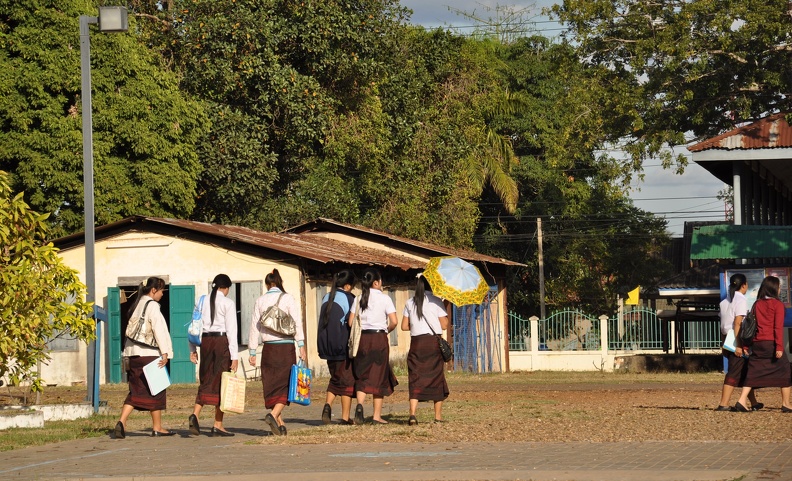University of Helsinki Global Development Studies Professor Barry Gills and University of Newcastle’s Dr. S. A. Hamed Hosseini published a new article entitled “Pluriversality and beyond: consolidating radical alternatives to (mal-)development as a Commonist project” in Sustainability Science Journal. The article is open access and available here.
Abstract
This article addresses contradictions in the ‘pluriverse’ of radical alternatives to maldevelopment, and proposes a an integrative framework for fostering productive convergences among its forces. It argues that the 2020s and 2030s will be pivotal decades, in which the current global conjuncture, characterized by intensifying economic turmoil, climate change, and ecological crises, will translate into increased mass discontent, global polarization, political instabilities, and social unrest across the world. However, there is no reason to believe that this intensification of crises will automatically result in the end of unproductive divisions among the global left. Thus, we argue that a higher level of proactivism, at a meta-ideological standing, which we refer to here as the ‘Commonist Project’, is both necessary and possible. The article proposes a fourfold framework of how to promote sustainable convergences and solidarities, going beyond temporary pragmatic coalitions and alliances. This proposal draws on the idea of ‘commoning transformative knowledge’, realized through creating new transversal integrative assemblages of alternative-futures-making initiatives. In the end, the argument is empirically supported by drawing on the authors’ critical reflections on their own cross-organizational experiences of fostering dialogic and praxis-based methodologies across various groups and forces pursuing post-capitalist alternatives through the People’s Sovereignty Network.
